Was The TUSAŞ Explosion a Warning To Turkey’s Growing Defense Power?
Ankara TUSAŞ Explosion: Coincidence or a Warning Amidst Global Moves?
On the surface, the explosion that rocked the Turkish Aerospace Industries (TUSAŞ) facility in Ankara might seem like an isolated incident. However, considering the timing of this event, it raises some important and thought-provoking questions. The explosion occurred while President Recep Tayyip Erdoğan was out of the country, attending critical BRICS-related discussions in Kazan, Russia. Was this merely a coincidence, or is there a deeper message behind the attack, particularly aimed at Turkey’s defense industry and its increasing geopolitical independence?
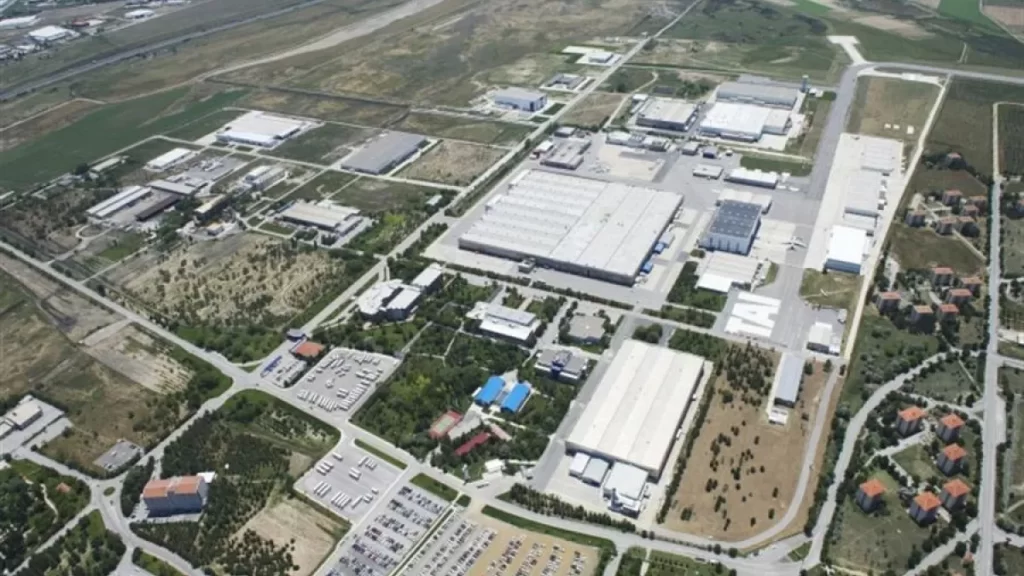
What Happened at TUSAŞ?
TUSAŞ, one of Turkey’s most significant defense contractors, has been instrumental in developing indigenous defense technologies, from drones to fighter jets. The explosion that took place at this critical facility caused immediate concern within Turkey’s national security circles. Although investigations are still ongoing, early reports suggest that this was a targeted act of sabotage, raising alarms about internal and external threats facing Turkey’s defense capabilities.
The facility itself is a symbol of Turkey’s growing self-sufficiency in the defense sector, which has long been a cornerstone of the country’s regional influence. In recent years, Turkey has made significant strides in reducing its reliance on foreign military technology, enhancing its ability to act independently on the global stage. The attack, therefore, is not just about the physical damage but a broader attempt to undermine Turkey’s ambitions in defense technology.
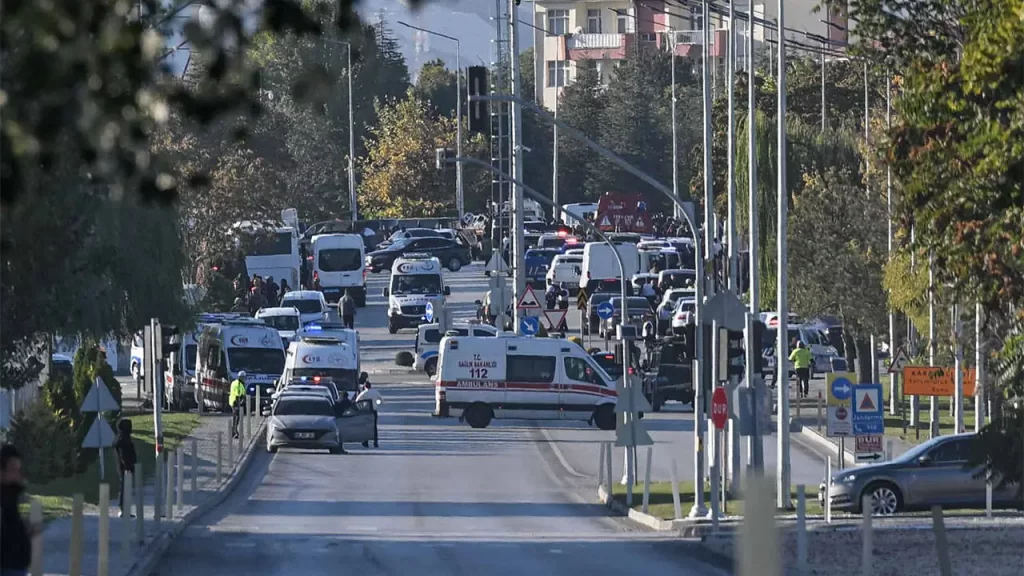
Timing and Global Context: Erdoğan Abroad and BRICS in Focus
The explosion’s timing is undeniably striking. At the moment the TUSAŞ facility was attacked, President Erdoğan was attending a crucial meeting in Kazan with Russian President Vladimir Putin, where BRICS was a central topic. Erdoğan’s participation in BRICS discussions signals Turkey’s intent to align more closely with emerging economies that are challenging Western dominance in global institutions. Could the explosion at TUSAŞ be a message to Turkey’s leadership, coinciding with Erdoğan’s strategic move to enhance Turkey’s position within a multipolar world order?

Previous News: Turkey’s Potential BRICS Membership: A New Strategic Alignment?
Turkey’s increasing defense capabilities and its diplomatic maneuvering within BRICS are both reshaping its international standing. The explosion could be interpreted as a response to Turkey’s growing geopolitical assertiveness, particularly in its defense sector, which has become a source of pride and influence. As Turkey positions itself as a key player between East and West, the timing of this attack raises legitimate concerns about whether it was intended to weaken Turkey’s hand during these critical negotiations.
A Political Message Hidden in Plain Sight?
The explosion also invites speculation about external forces that might see Turkey’s defense growth as a threat. In the context of global politics, such incidents can often carry deeper political messages, especially when they occur during high-profile diplomatic events. Could this attack be a calculated warning, aimed at signaling discontent with Turkey’s defense achievements and its realignment with non-Western powers?
Turkey’s recent involvement with BRICS signals a shift away from the traditional Western-centric alliances. As Turkey strengthens its relationships with Russia, China, and other BRICS nations, it simultaneously distances itself from a more Western-dominated economic and political order. This shift may not sit well with every actor on the global stage, particularly those who benefit from maintaining the status quo.
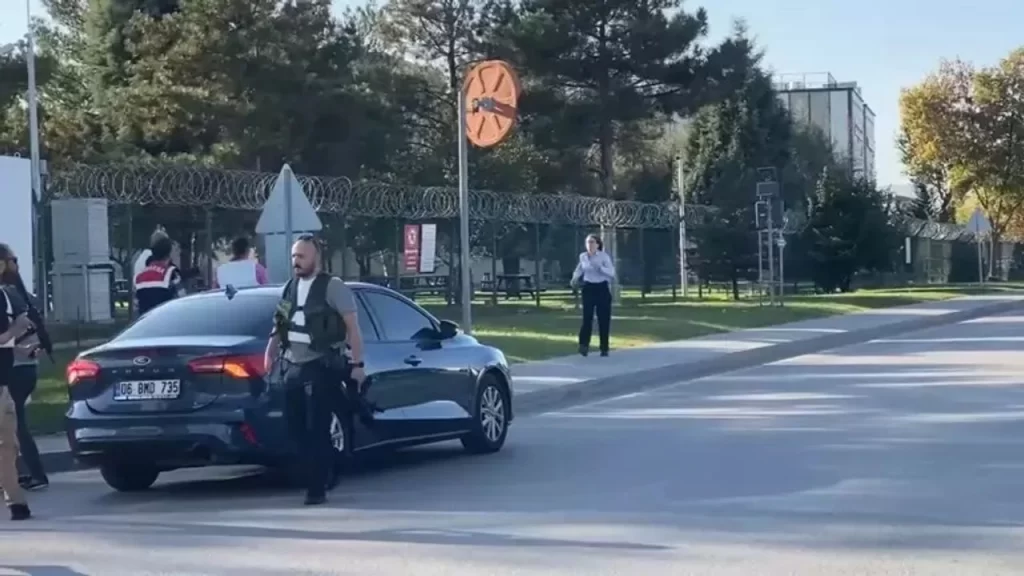
Implications for Turkey’s Defense and Geopolitical Strategy
The TUSAŞ explosion, whether it was an act of sabotage or not, highlights the vulnerabilities that come with Turkey’s ascent as a regional power. As the country continues to grow its defense industry and assert itself geopolitically, it is likely to face more challenges from both state and non-state actors who wish to prevent Turkey from achieving full independence in critical areas like defense.
In the broader geopolitical context, Turkey’s ambitions to join BRICS and strengthen ties with non-Western powers could lead to increasing pressure from traditional allies in the West. These developments show how Turkey’s geopolitical strategies are evolving rapidly, making it a key player in the balance of power between East and West. The attack at TUSAŞ could serve as a stark reminder that Turkey’s path to greater autonomy and influence will not be without obstacles.
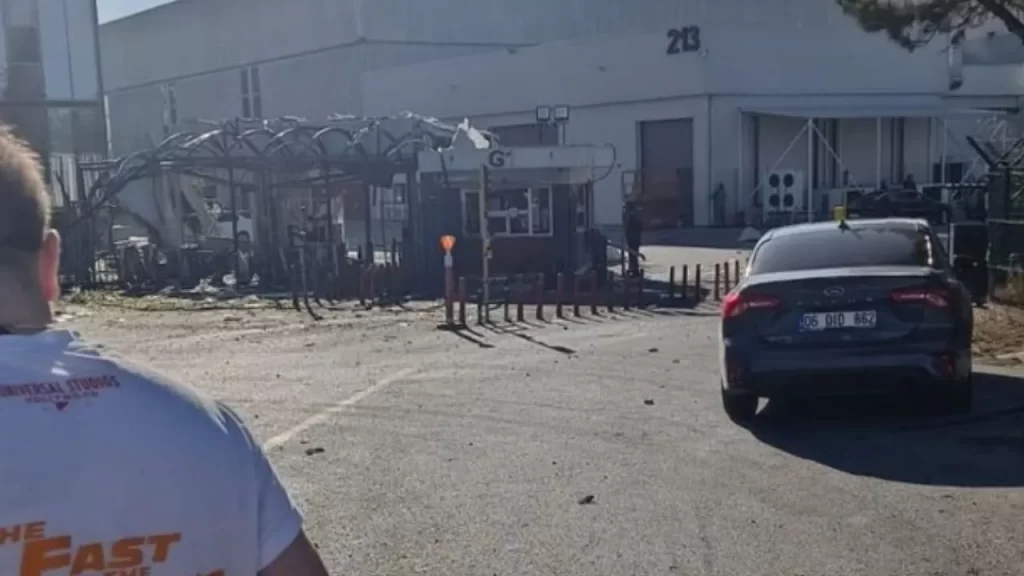
A Moment of Reflection for Turkey’s Future
As the investigation into the TUSAŞ explosion continues, one thing is clear: Turkey’s defense industry and its geopolitical ambitions are at the center of global attention. Whether this attack was an isolated incident or part of a broader strategy to undermine Turkey’s growing independence, the timing of the explosion raises serious questions.
As Turkey navigates its relationships with both Western and non-Western powers, incidents like the TUSAŞ explosion highlight the complexities of asserting sovereignty in a highly interconnected and competitive global landscape. Moving forward, Turkey’s ability to fortify its defense sector and pursue a balanced geopolitical strategy will be key to maintaining its role as a pivotal player on the world stage.
Previous News: Turkey’s Potential BRICS Membership: A New Strategic Alignment?
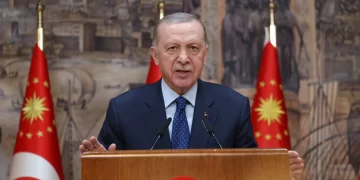















 Afrikaans
Afrikaans Shqip
Shqip አማርኛ
አማርኛ العربية
العربية Հայերեն
Հայերեն Azərbaycan dili
Azərbaycan dili Euskara
Euskara Беларуская мова
Беларуская мова বাংলা
বাংলা Bosanski
Bosanski Български
Български Català
Català Cebuano
Cebuano Chichewa
Chichewa 简体中文
简体中文 繁體中文
繁體中文 Corsu
Corsu Hrvatski
Hrvatski Čeština
Čeština Dansk
Dansk Nederlands
Nederlands English
English Esperanto
Esperanto Eesti
Eesti Filipino
Filipino Suomi
Suomi Français
Français Frysk
Frysk Galego
Galego ქართული
ქართული Deutsch
Deutsch Ελληνικά
Ελληνικά ગુજરાતી
ગુજરાતી Kreyol ayisyen
Kreyol ayisyen Harshen Hausa
Harshen Hausa Ōlelo Hawaiʻi
Ōlelo Hawaiʻi עִבְרִית
עִבְרִית हिन्दी
हिन्दी Hmong
Hmong Magyar
Magyar Íslenska
Íslenska Igbo
Igbo Bahasa Indonesia
Bahasa Indonesia Gaeilge
Gaeilge Italiano
Italiano 日本語
日本語 Basa Jawa
Basa Jawa ಕನ್ನಡ
ಕನ್ನಡ Қазақ тілі
Қазақ тілі ភាសាខ្មែរ
ភាសាខ្មែរ 한국어
한국어 كوردی
كوردی Кыргызча
Кыргызча ພາສາລາວ
ພາສາລາວ Latin
Latin Latviešu valoda
Latviešu valoda Lietuvių kalba
Lietuvių kalba Lëtzebuergesch
Lëtzebuergesch Македонски јазик
Македонски јазик Malagasy
Malagasy Bahasa Melayu
Bahasa Melayu മലയാളം
മലയാളം Maltese
Maltese Te Reo Māori
Te Reo Māori मराठी
मराठी Монгол
Монгол ဗမာစာ
ဗမာစာ नेपाली
नेपाली Norsk bokmål
Norsk bokmål پښتو
پښتو فارسی
فارسی Polski
Polski Português
Português ਪੰਜਾਬੀ
ਪੰਜਾਬੀ Română
Română Русский
Русский Samoan
Samoan Gàidhlig
Gàidhlig Српски језик
Српски језик Sesotho
Sesotho Shona
Shona سنڌي
سنڌي සිංහල
සිංහල Slovenčina
Slovenčina Slovenščina
Slovenščina Afsoomaali
Afsoomaali Español
Español Basa Sunda
Basa Sunda Kiswahili
Kiswahili Svenska
Svenska Тоҷикӣ
Тоҷикӣ தமிழ்
தமிழ் తెలుగు
తెలుగు ไทย
ไทย Українська
Українська اردو
اردو O‘zbekcha
O‘zbekcha Tiếng Việt
Tiếng Việt Cymraeg
Cymraeg isiXhosa
isiXhosa יידיש
יידיש Yorùbá
Yorùbá Zulu
Zulu